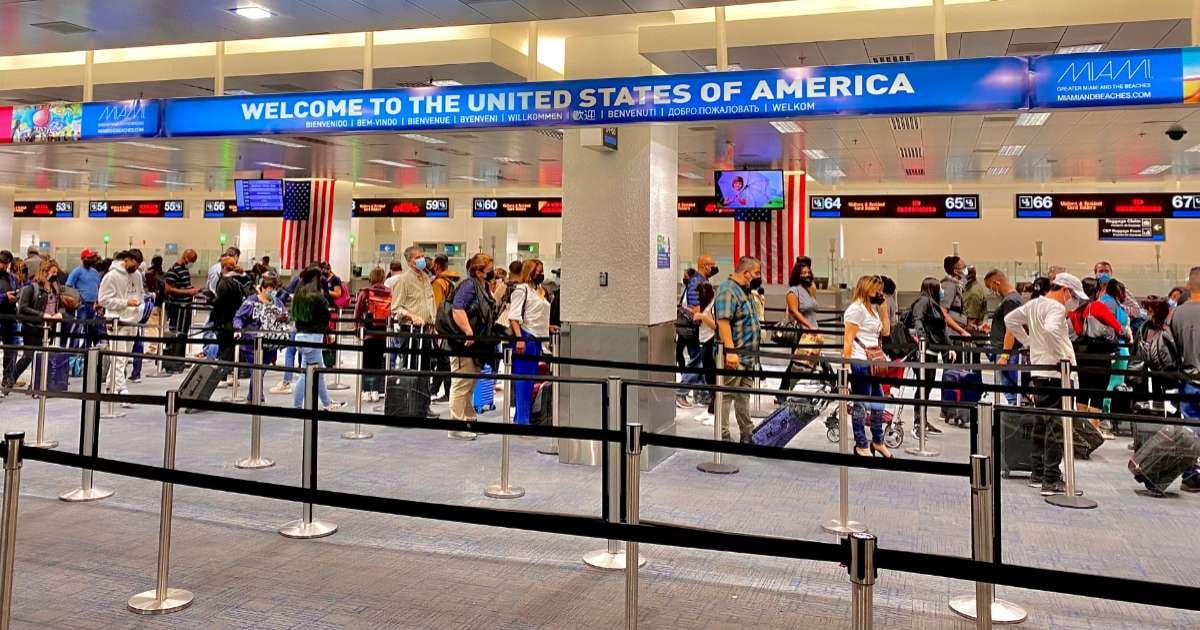Miami International Airport has recently been included in a new federal initiative that revamps the baggage screening process for international passengers in transit. If you have travel plans soon, it's crucial to be aware of this change.
The initiative, known as the International Remote Baggage Screening system (IRBS), has been operational since April 9, 2025. The U.S. Customs and Border Protection (CBP) announced in a statement that this program is a collaborative effort with the Transportation Security Administration (TSA) aimed at enhancing operational efficiency at high-traffic airports.
With the introduction of this system, travelers entering the country and needing to catch a connecting flight no longer have to retrieve and recheck their luggage. The process is now automated unless an issue arises that necessitates additional inspection.
What is the IRBS System?
The IRBS operates on the principle of pre-screening checked luggage. X-ray images taken at the departure airport are electronically forwarded to CBP agents in the United States even before the plane lands. Based on this data, border officials can remotely assess the contents and determine if any baggage requires a physical check.
This approach eliminates the need for passengers to handle their luggage during transit, particularly benefiting those with immediate domestic connections. Furthermore, it helps reduce waiting times, streamlines connections, and lowers the risk of missing flights due to prolonged customs procedures.
The system was initially tested on flights from Sydney to Los Angeles International Airport in partnership with American Airlines. Following successful outcomes, it has been expanded to other major terminals, including Miami, where it is now fully operational.
Traveler Advisory for Entry into the U.S.
Despite these technological advancements, traveler obligations remain unchanged. CBP emphasized that "all travelers entering the United States are REQUIRED to declare meats, fruits, vegetables, plants, seeds, soil, animals, as well as plant and animal products they may carry." Non-compliance with these regulations can result in penalties, seizures, and even denial of entry into the country in severe cases.
It is important to note that the IRBS does not alter TSA's security checks for checked baggage or pre-boarding security screenings. These inspections remain the sole responsibility of the TSA and continue to be enforced according to established standards.
Understanding the IRBS System and Its Implications
How does the IRBS improve the baggage screening process at Miami International Airport?
The IRBS enhances the baggage screening process by automating the handling of luggage for international travelers in transit. It eliminates the need for passengers to manually retrieve and recheck their bags, thus saving time and reducing the risk of missing connecting flights.
What should travelers remember about customs regulations when entering the U.S.?
Travelers must declare any meats, fruits, vegetables, plants, seeds, soil, animals, and related products they bring into the United States. Failure to comply can lead to penalties, confiscation of items, and potentially being denied entry.
Does the IRBS affect TSA's security screening procedures?
No, the IRBS does not impact TSA's security screening procedures. All TSA checks for checked luggage and pre-boarding remain unchanged and are conducted according to existing safety standards.
